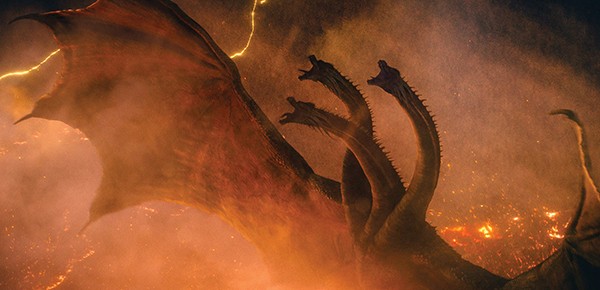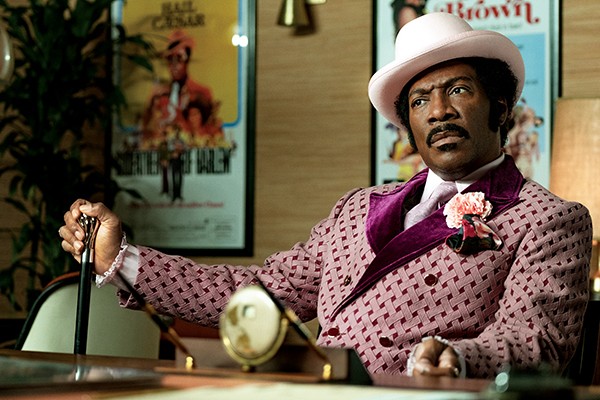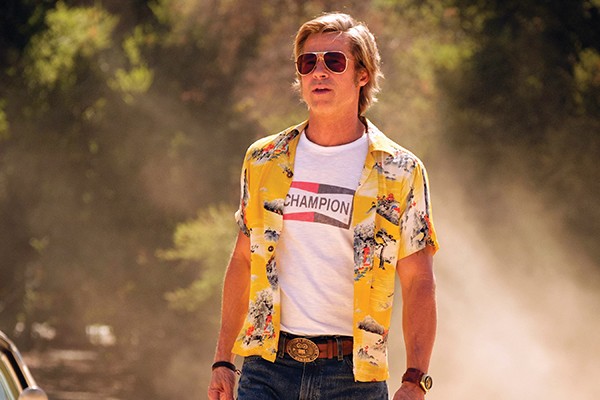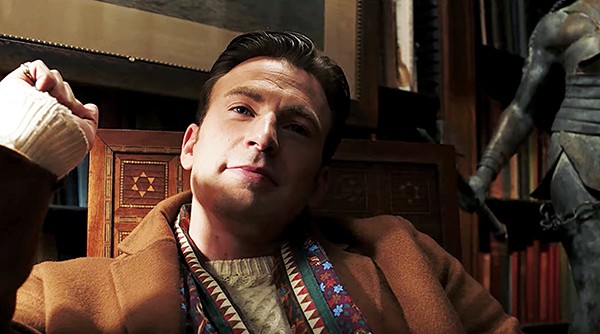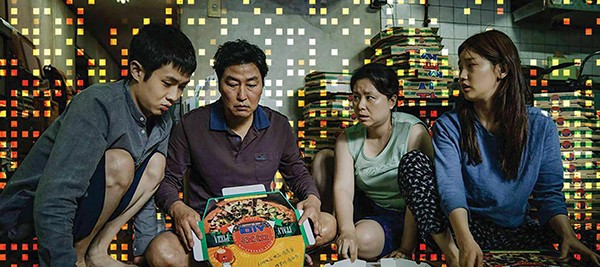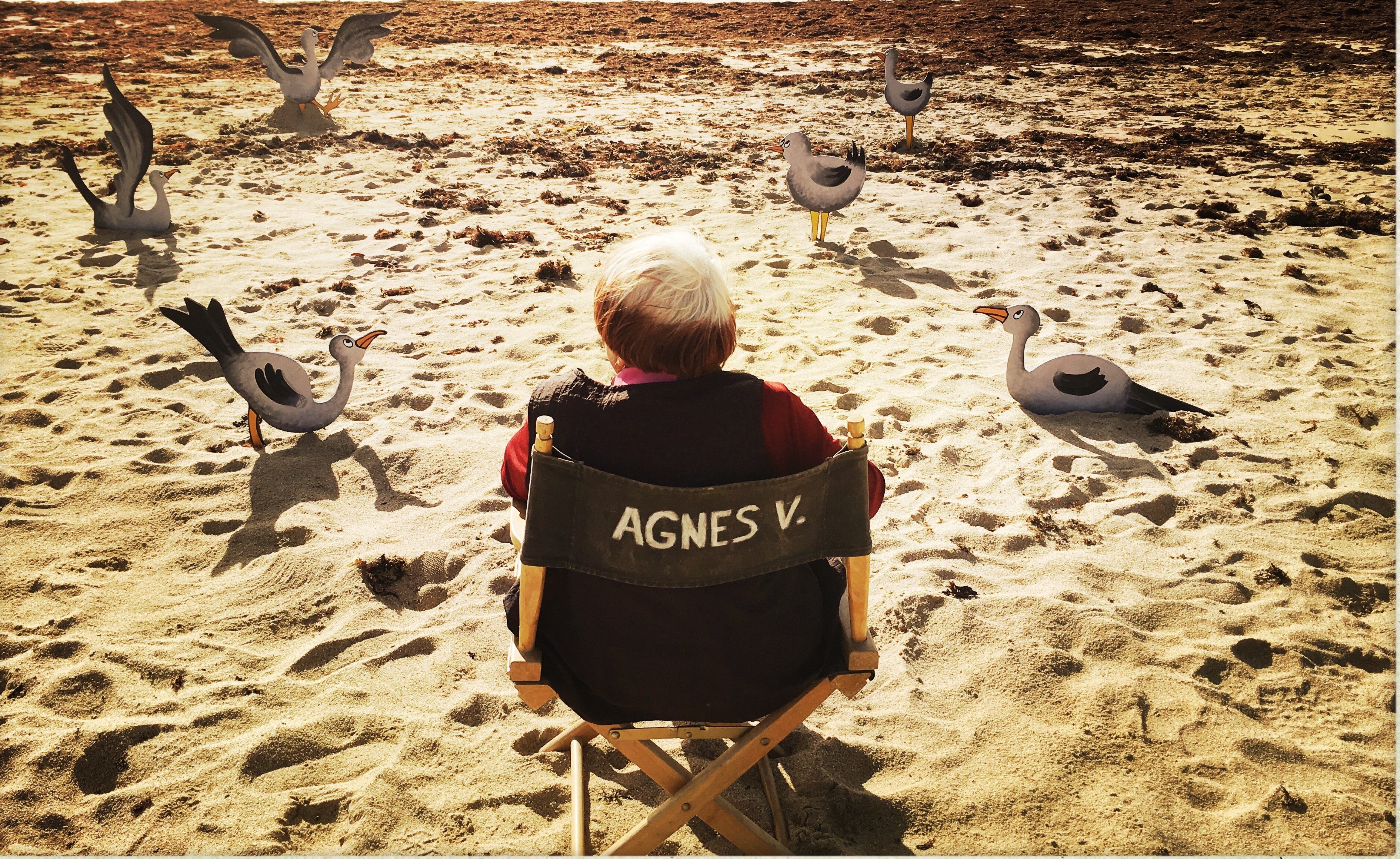The year 2019 was a banner one for Memphis short films. One of the best — and certainly the most technically challenging to produce — was “A Night Out” by Kevin Brooks and Abby Myers. Winner of the Memphis Film Prize, “A Night Out” is done in one continuous, 10-minute shot by cinematographer Andrew Trent Fleming, who follows actress Rosalyn Ross up and down the stairs at Molly Fontaine’s. The hard part was to make it seamless while passing through different lighting conditions and requiring a dozen actors to hit their marks exactly right at the same time.
The origin of the seamless, one-shot trick is Alfred Hitchcock’s 1948 film Rope. Hitch took advantage of a then-new camera that held 10 minutes worth of film and staged his parlor murder mystery as a play on a soundstage. The cuts in the 74-minute film are concealed with camera moves and lighting tricks.
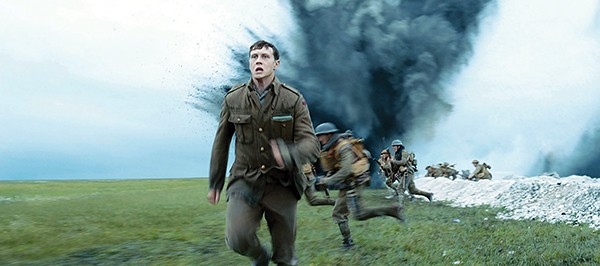
Ten years later, Orson Welles would take Hitch’s innovation and run with it. The unbroken, three-minute-and-twenty-second opening shot of Touch of Evil sets up the entire plot and introduces the main characters with spectacular swoops and daring close-ups.
The modern vogue for long takes began with Alfonso Cuarón’s 2006 Children of Men, which features a climactic battle sequence that takes six minutes to unfold as Clive Owen runs through an urban hellscape. Since then, bravado long takes have popped up in everything from Gaspar Noé’s trashy psychedelic dance picture Climax to Cuarón’s sentimental prestige picture Roma. But these films use long takes as a seasoning. The last film to attempt the full Rope trick was Alexander Sokurov’s 2002 film Russian Ark.
Enter director Sam Mendes (who most recently directed two James Bond movies) and his war film 1917. The story is based on the experience of his grandfather Alfred Mendes on the Western Front during World War I. It opens with a pair of English soldiers napping on a beautiful April morning near the Belgian-French border. Lance Corporals Schofield (George MacKay) and Blake (Dean-Charles Chapman) have no idea what kind of day they’re about to have when their commanding officer picks them for a mission.
After fighting over the same few acres of ground for more than a year, the Germans have unexpectedly withdrawn to a new position. An English battalion, which happens to include Blake’s brother, is set to launch an all-out attack to capitalize on this unexpected development. But Allied high command has discovered that they’re charging into a trap. Since the Germans cut the telephone lines on their way out, Blake and Schofield must carry word to Colonel MacKenzie (Benedict Cumberbatch), telling him to call off the attack. The pair of buddies sets out to cross nine miles of battlefield to deliver the message that could save 1,000 lives.
Mendes’ best move in 1917 was tapping Roger Deakins, our greatest living cinematographer, to shoot this intimate story of individual heroism set against the backdrop of an epic conflict. With digital imaging technology, lightweight cameras, cranes and dollies with fully programmable computer controls, and CGI to paint over the gaps, Deakins’ task is superficially easier than Hitchcock’s. But there’s really no comparison. Rope was a bottle show, while 1917 takes place outdoors, ranging up and down trenches stuffed with soldiers, through bunkers rocked by shelling and craters filled with corpses.
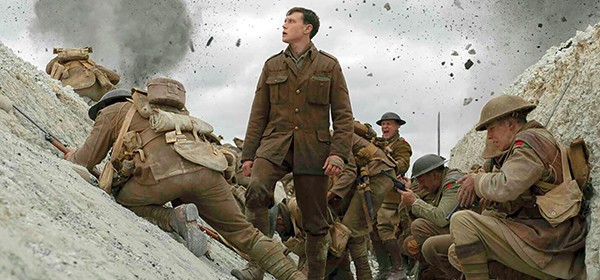
Not so quiet on the Western Front — George MacKay (above) risks life and limb in 1917.
The best sequence in a film made of nothing but impossible images comes after night falls on the worst day of our protagonists’ lives. Schofield sneaks through a bombed-out French town, his progress lit by flashing explosions, shimmering flares, and a raging bonfire. Deakins uses the flickering shadows like a German Expressionist, creating ephemeral representations of our hero’s haunted mental state.
The other great film from the 1950s that pioneered the long take is Paths of Glory. If 1917 has a direct inspiration, it’s Stanley Kubrick’s searing 1957 World War I film. Both Kirk Douglas’ one-shot tour of the trenches and his march across No Man’s Land are directly referenced by Mendes to great effect. But the visual callbacks to a legendary anti-war film raise issues that 1917 skirts. Not that Mendes shrinks from putting the horrors of war in your face — far from it. But Kubrick is explicit that war is empty vanity. Mendes is focused on the technical trickery, pacing his film like a first-person shooter to keep you engaged in the action. It wouldn’t do to lose your attention while Blake and Schofield trudge through a field with no one to shoot at them. Maybe Truffaut was right when he said “Every film about war ends up being pro-war” — especially one like 1917 that looks so damn good.
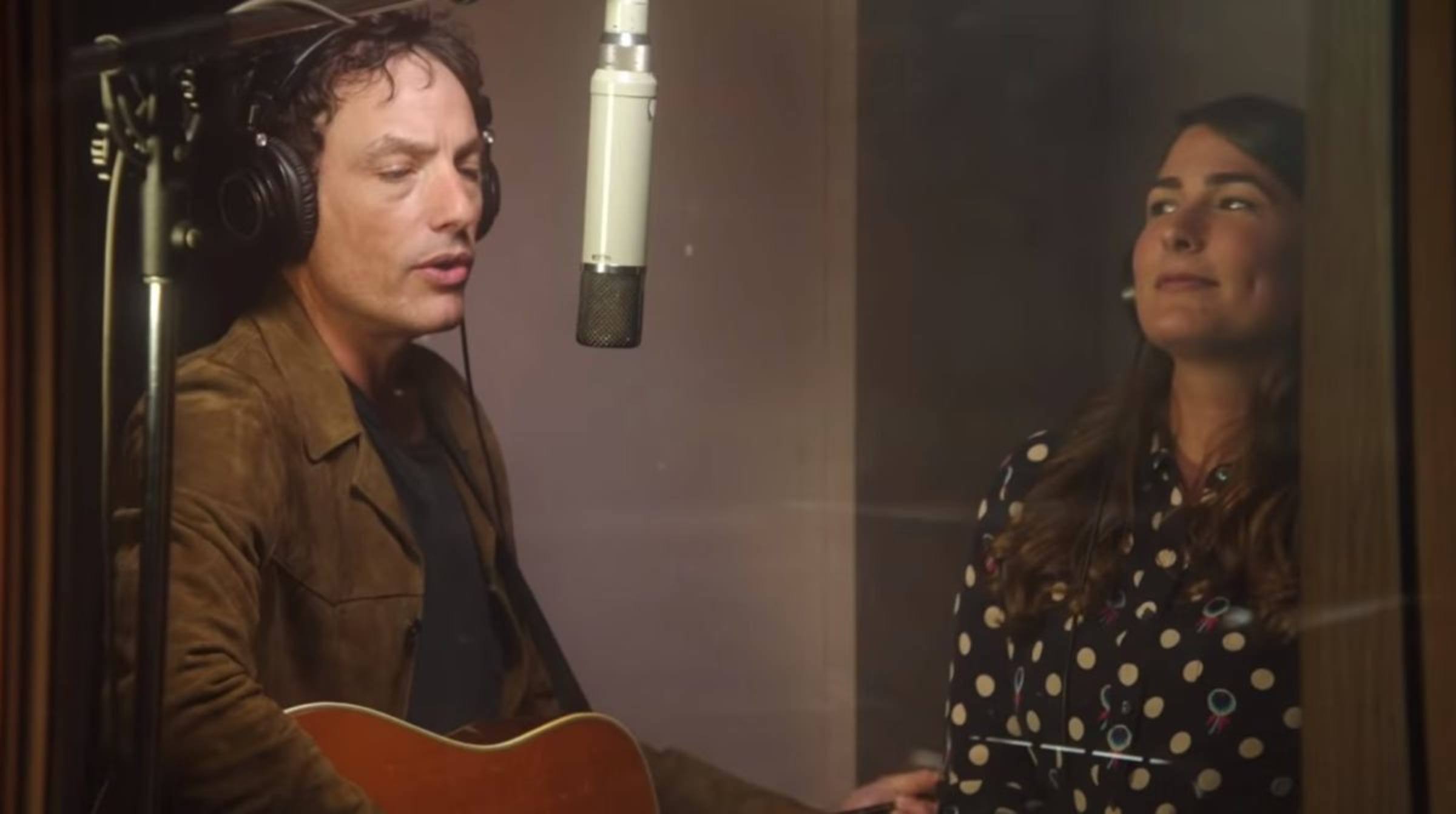


 Amazing Grace LLC
Amazing Grace LLC 